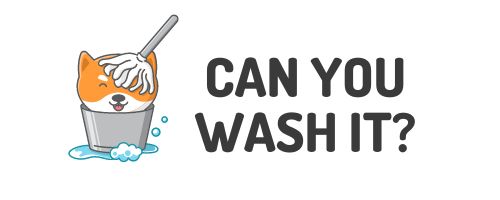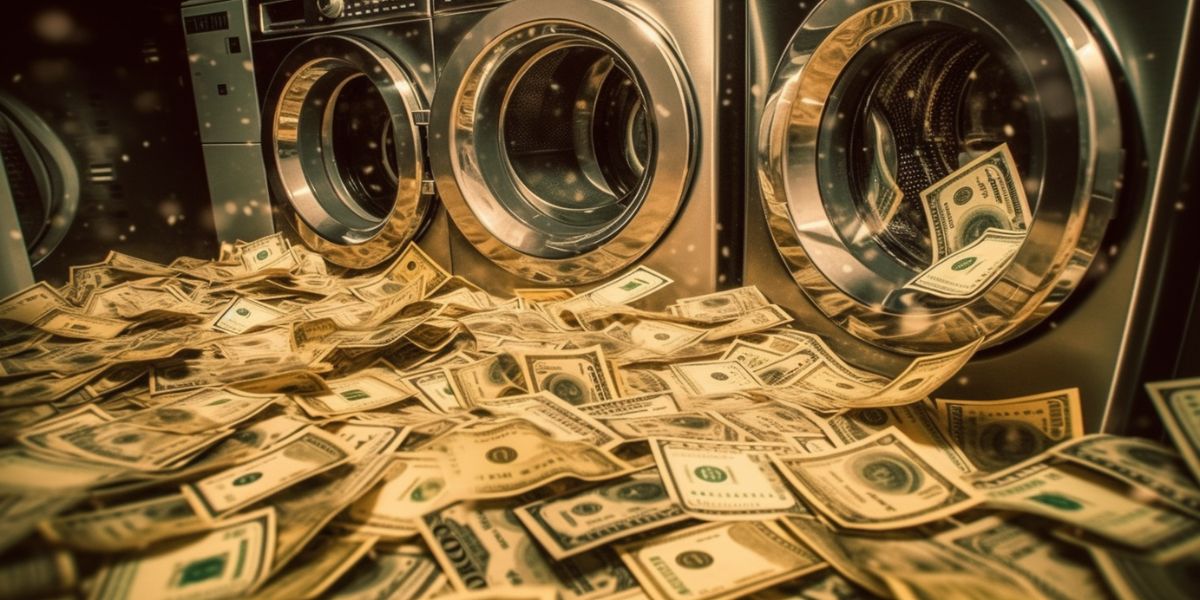No, in general, it is not recommended to wash money as it can damage the banknotes and make them unusable. Wet or damp bills can stick together, tear, or disintegrate.
Reasons why you should NOT wash money
- Damage: Washing money can cause it to become damaged, discolored, or torn. Wet bills can stick together and lose their shape, making them difficult to use.
- Illegal: Destroying or defacing currency is illegal in many countries. Washing money may be considered a form of defacement or destruction and could result in legal consequences.
- Hygiene: Money already carries a lot of germs and bacteria due to frequent handling. If you wash money, it could become contaminated with additional germs and bacteria that can be harmful to your health.
- Difficulty: Even if you are able to wash your money without causing any damage, it can be challenging to dry the bills properly. Wet bills can take a long time to dry completely and may develop a musty smell.
- Currency exchange: Certain exchange bureaus or banks may refuse to accept washed money, as they may suspect it has been counterfeited.
- Risk of counterfeiting: In some cases, washing money can remove security features such as watermarks and holograms, making it easier for counterfeiters to reproduce the notes.
- Time-consuming: Washing money can be a time-consuming process that requires a lot of effort and patience.
FAQs washing money
Can I wash money in the washing machine?
No, you should not wash money in a washing machine as it can damage the banknotes and make them unusable. Wet bills can stick together, tear, or disintegrate.
Can I dry money in the dryer?
No, you should not dry money in the dryer as it can also cause damage to the banknotes and make them unusable.
How should I clean dirty or contaminated money?
You can try gently wiping the banknotes clean with a dry or slightly damp cloth. If the bills are heavily soiled or damaged, you should contact your bank for advice on how to obtain replacement notes.
Is it illegal to wash money?
Destroying or defacing currency is illegal in the United States. Washing money may be considered a form of defacement or destruction and could result in legal consequences.
Can I exchange washed money for new bills at a bank?
Some banks may refuse to accept washed money due to suspicions of counterfeiting or other issues. It’s best to contact your bank for advice on how to obtain replacement notes.
Can washing money remove security features or affect the value of the currency?
Yes, washing money can remove security features such as watermarks and holograms, making it easier for counterfeiters to reproduce the notes. It can also affect the value of the currency if it becomes damaged or discolored.
Final thoughts 💭
Washing money is not recommended as it can damage the banknotes and make them unusable. Wet bills can stick together, tear, or disintegrate, making them difficult to use. Destroying or defacing currency is illegal in many countries, including the United States.
If your money becomes dirty or contaminated, it’s best to contact your bank for advice on how to obtain replacement notes. Instead of washing money, you can try gently wiping the bills clean with a dry or slightly damp cloth.





Leave a Reply